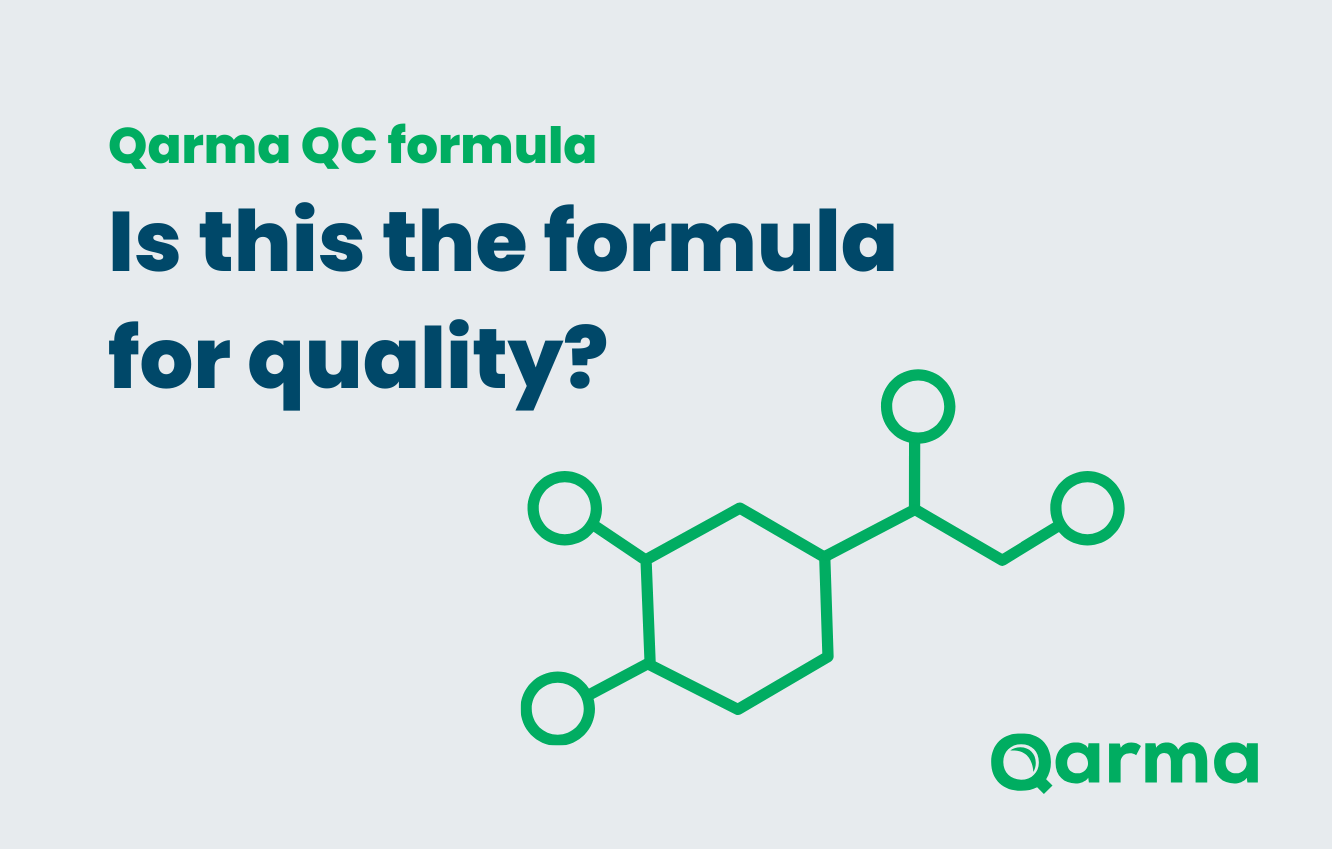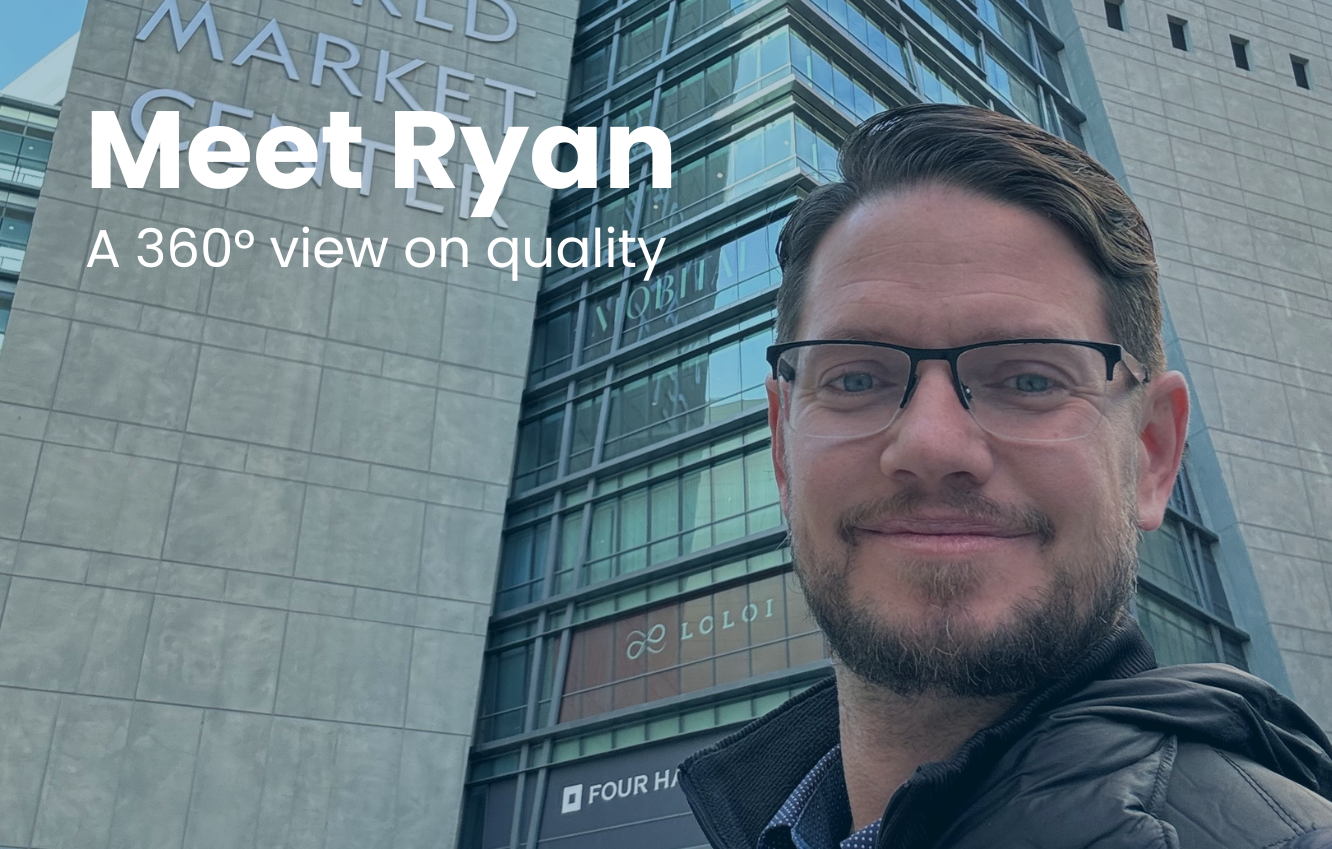Meet Tanya
With a strong foundation in the QC industry, Tanya Tang brings valuable insight into what true quality means – and how to achieve it. Her hands-on experience in quality management gives her a deep understanding of both the challenges and opportunities in building strong, effective QC processes.
Quality as a partnership: The key to good quality

From years as a Quality Manager in the textile industry to a key role at Qarma – helping simplify and strengthen quality control processes.
With a background in textile and hands-on experience in the fashion industry, Tanya Tang knows exactly what it takes to uphold high QC standards and where manual workflows often fall short. When Tanya Tang first heard about Qarma, she was looking for a solution to the QC challenges she had faced for years.
“Actually, I was facing the same problems as our customers are facing every day,” she says. “Then one day I was introduced to Qarma. I was attracted right away because Qarma could solve the problems I had been struggling with for years.”
Seven years later, and Tanya is still with Qarma – now as a core member of the global management team and responsible of China and Asia.
Quality is all about long term relations
For Tanya, quality goes far beyond checklists and reports.
“To me, quality is like a partnership between a supplier and a client based on a long-term working relationship,” she explains. “The supplier is accountable for the quality, while the client supports the supplier in improving and growing. Together, they build trust and transparency in a meaningful way.”
But, she adds, “The relationship is not easy to build, and then you need some ways to do that. Better communication is always important.”
This mindset is embedded into how Tanya works with clients today. Her deep understanding of the supply chain processes within the QC industry allows her to see the whole picture. She knows when a client’s process looks fine on paper, but it could be more efficient in practice.
“Sometimes they already have a process – but that doesn’t necessarily mean it’s the most efficient way of working. When I understand their perspective, I can ask the right questions and offer advice that meets the customer where they are. That’s when they start to trust you.”
Support tailored to each customer
Training and supporting customers and users are a huge part of Tanya’s role at Qarma. Users come from different countries, backgrounds, and roles, so one-size-fits-all doesn’t work.
“The users attending the training sessions are different, so it’s important to always consider: Who is the audience, and what is their focus?”
From tutorial videos, offline training sessions, and detailed support articles to one-on-one sessions via WeChat or WhatsApp, the training programs are designed with one goal in mind: “To make sure end users know how to use Qarma confidently, accurately, and efficiently.”
And how about different languages across the team? Not a barrier. “Qarma can be set up with checklists in multiple languages. The translation feature eliminates confusion, so anyone can use the tool without running into language issues.”
This translation feature ensures a high degree of simplicity, which, according to Tanya, is one of the most important and beneficial aspects of Qarma.
“Simplicity is key. A tool that is easy to use encourages more people across the organization to engage in quality processes – whether it's your internal team, suppliers, or factory staff.”

The future of quality
The future of quality? It is a balance where optimism meets realism, according to Tanya.
“Technology is moving so fast – maybe we’ll get better machines that lead to fewer defects. But we’re also seeing more regulations. So, we need to think ahead: How do we keep up with compliance while maintaining efficiency?”
She sees her work at Qarma as part of that bigger picture.
“From my personal career perspective, I’ve always wanted to be part of a company that keeps me connected to the industry and helps me grow by learning from different teams. With Qarma, I get to use platforms and tools not just to support one company, but to help the whole industry improve quality. In the end, the goal is to deliver safe products to consumers.”
As a final comment, Tanya highlights three recommendations for companies seeking to improve their quality and compliance processes:
- Good communication with your clients
- Get involved in quality at an earlier stage – not just when something goes wrong.
- Continue to improve and review your issues. Don’t just fix and forget.
Want to see Qarma in action?
We’d love to show you how you can strengthen your QC processes, book a demo here








.png)